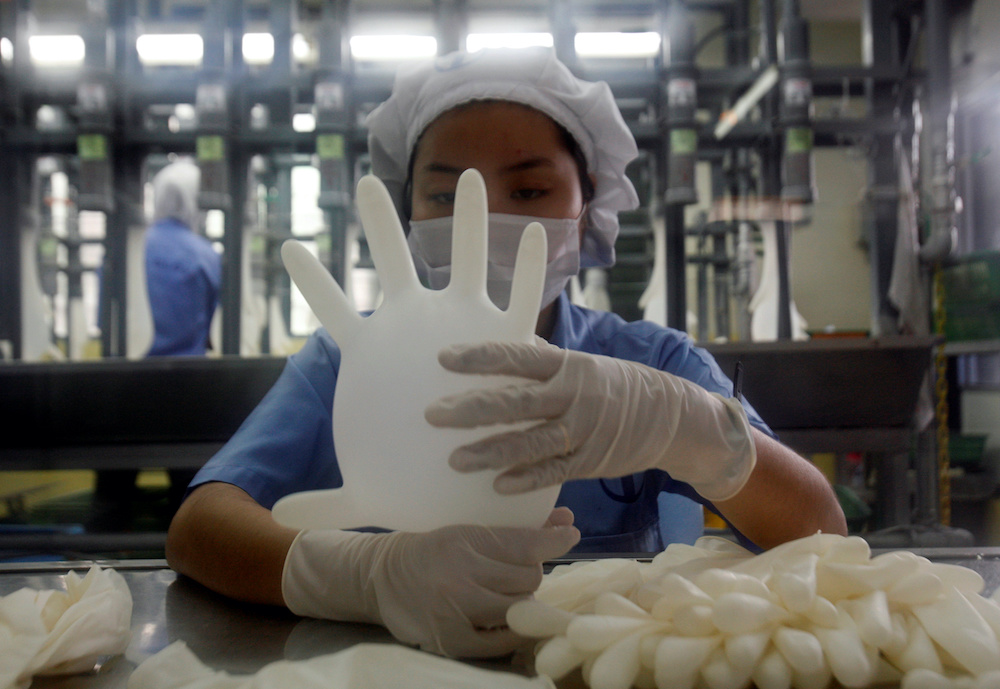KUALA LUMPUR, Nov 30 — Malaysian glove-making companies should simply focus on hiring Malaysians instead of foreign workers, which is a better and more sustainable way of ensuring corporate activity benefits society as a whole.
DAP national political education director Liew Chin Tong said the Covid-19 pandemic has seen the profits and share prices for these companies rise exponentially over the past months.
“Given the sudden and unexpected nature of this windfall, it is a natural reaction to expect them to share this newfound wealth with society at large,” he said in a statement.
Although Liew said a special tax would be the easiest and quickest approach, but doing so would also prove to be short-sighted.
“Obviously, the pandemic falls outside of the control of the glove makers. Taxing them for merely being in ‘the right place at the right time’ would be unfair.
“Indeed it would be a deterrent to future investment, not only foreign but also from domestic entrepreneurs. A flourishing private sector requires a stable and predictable regulatory environment, whereas a windfall tax is the opposite of that,” he said.
Instead Liew said the design of the production process is a factor under the glove makers’ control, which at present sees them opting for a model that relies on low-cost foreign labour.
“The sudden windfall profits therefore benefit mostly their shareholders, while the majority of their workforce remits the bulk of their wages abroad.
“Little finds its way to Malaysian society at large, and that is also unfair. Fortunately creating better jobs is a better and more sustainable way to go,” he said.
The former Kluang MP said Malaysia’s economy needs the manufacturing sector to move towards less reliance on foreign labour.
As such, he recommended the use of all existing and, if needed, new policy tools to guide the glove industry to automate and to hire Malaysians.
“This will lead to healthier economic growth in the long run, while also ensuring that this increased prosperity is shared by a greater number of Malaysians.
“With a carrot to incentivise the glove sector to automate, and with a stick to make the hiring of cheap foreign labour more expensive, the government can guide the glove industry to create tens of thousands of jobs for Malaysians at RM2,500 — RM4,000 over the next few years through an ‘automation + Malaysianisation’ programme,” Liew said.
He argued that this approach is also in the glove-makers’ own best interest, given the recent downside risks of relying on such a large foreign workforce in the last few months and the recent Teratai cluster which affected a major glove-making company’s operations and factories.
“At this point, their executives and directors have a fiduciary duty to address those risks, and creating good jobs filled by Malaysians should be the touchstone of their proposed solutions. Ultimately, this will lead to a virtuous cycle for all sides,” Liew said.



















